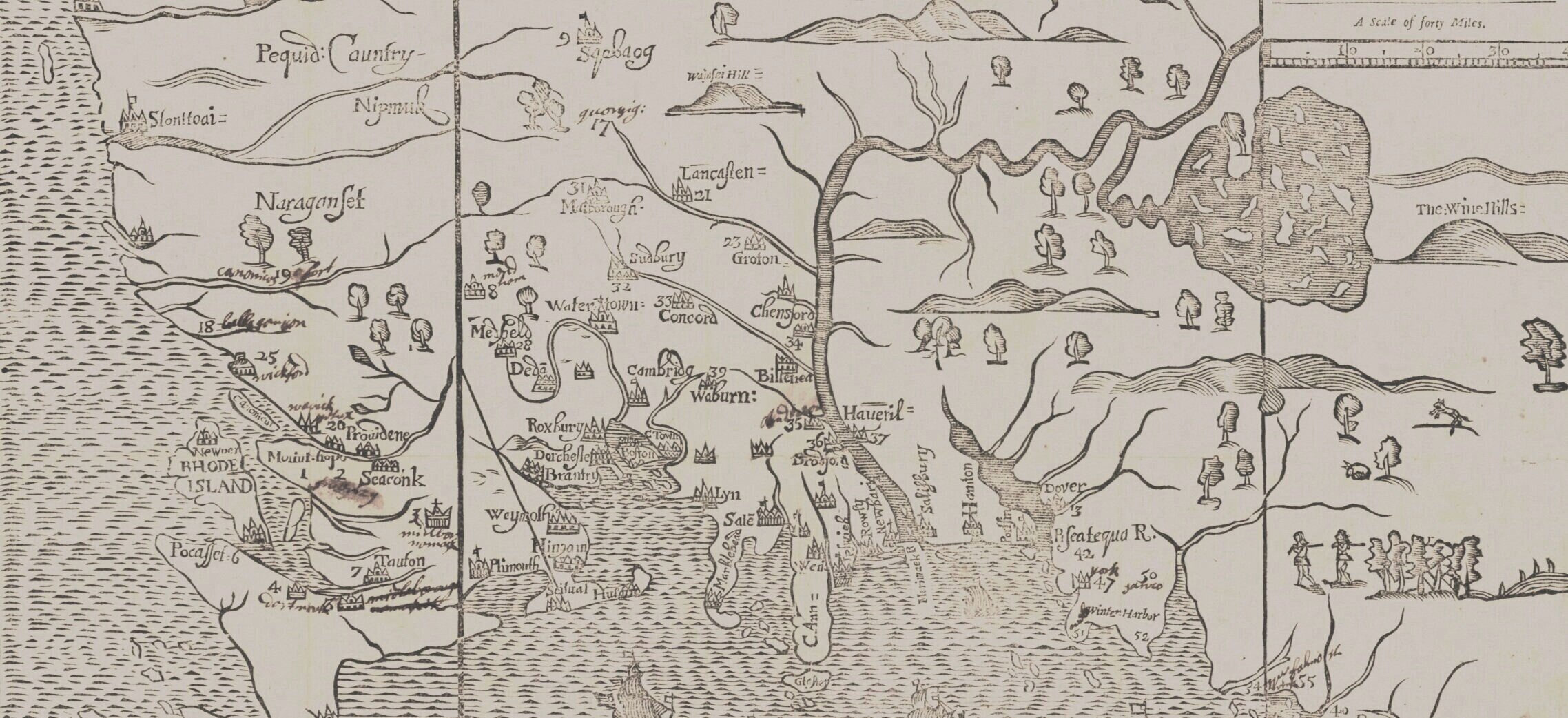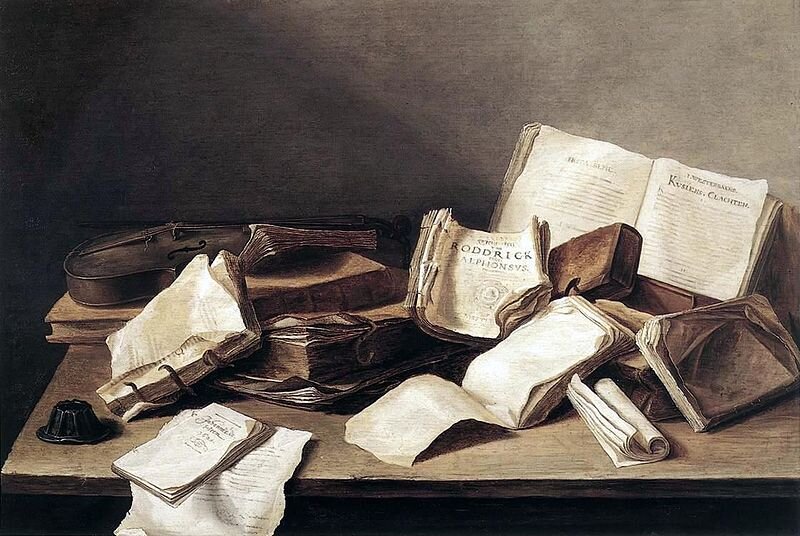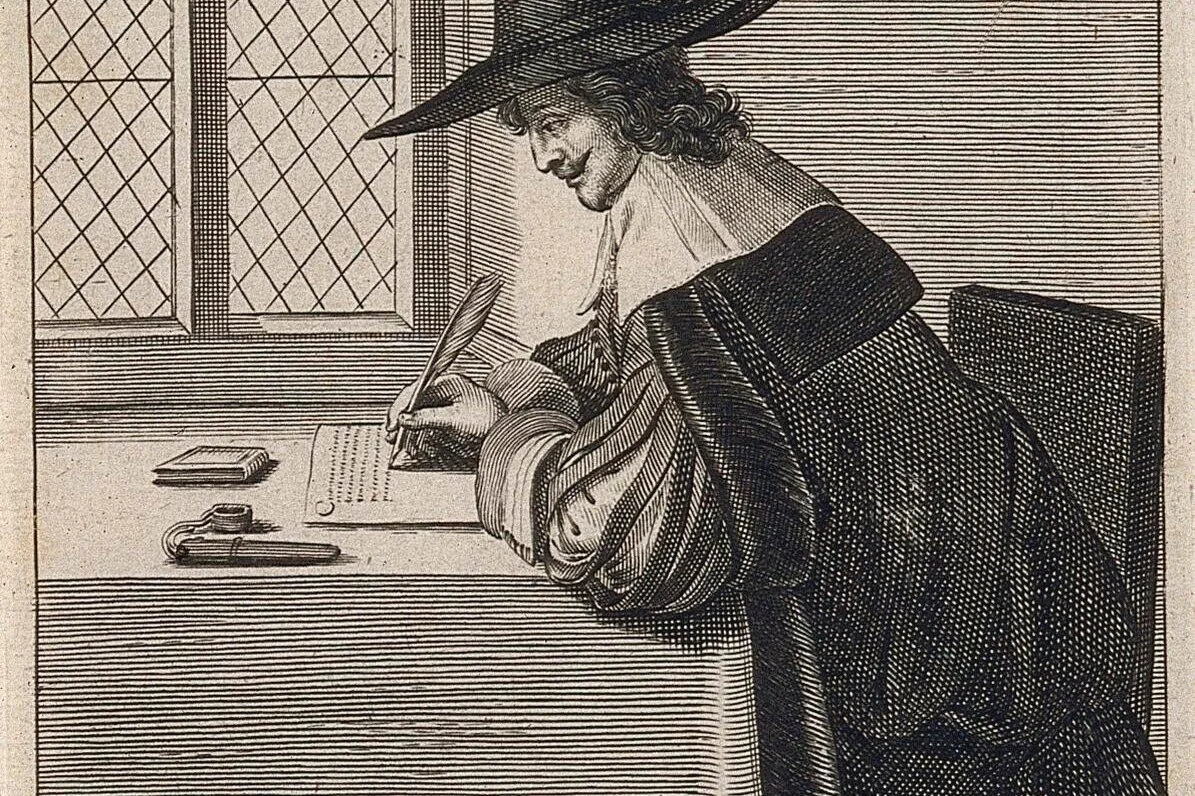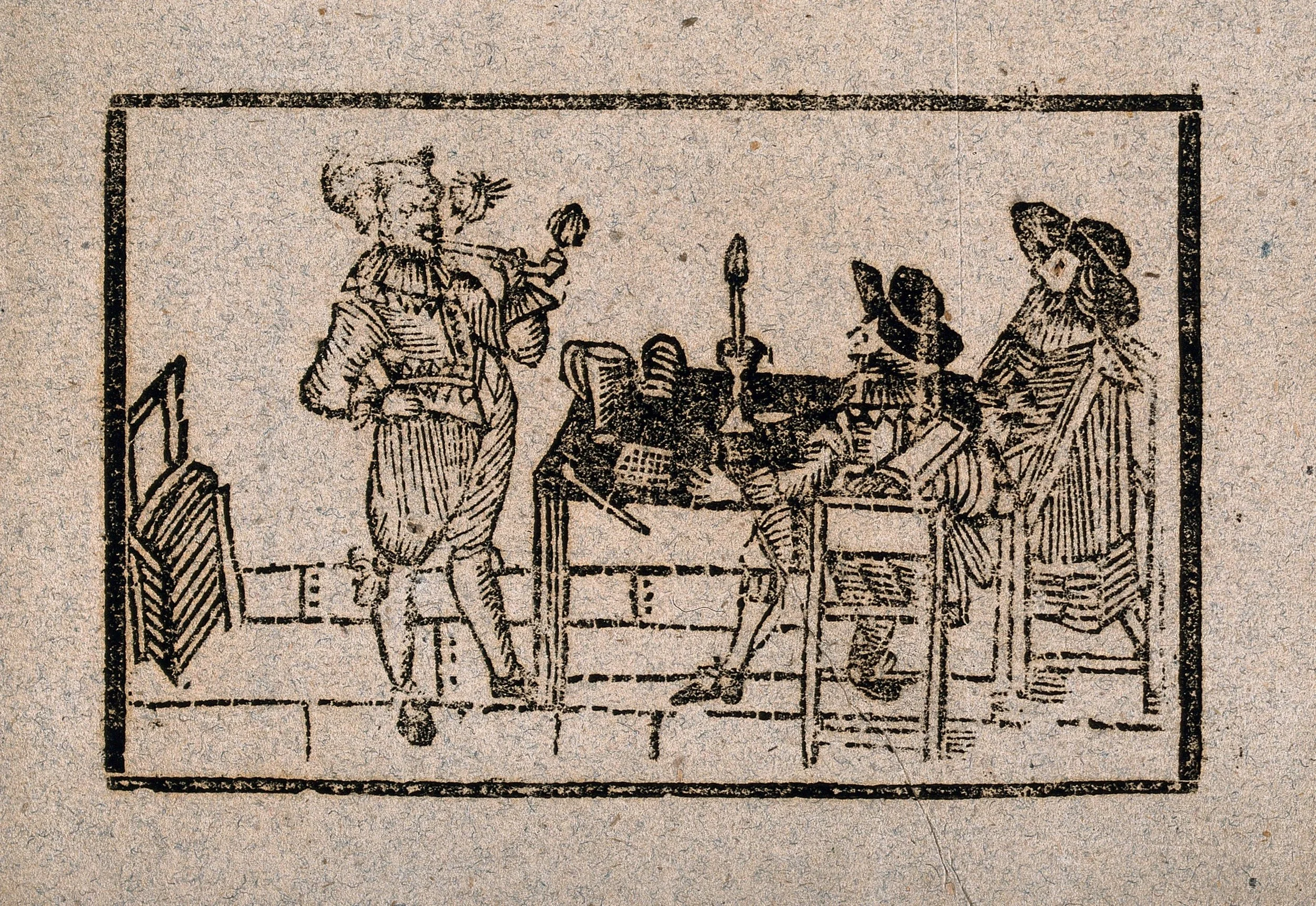
Discuss
One of a series of engravings on “The foure faculties of the minde,” 17th century England. Image: Wellcome Collection
The best way to know people of the past is through their own words.
Those words tell us of their sorrows, their joys, their hopes. We hear their fear as a child falls ill of smallpox or Tribes stripped of land and hunting grounds facing hunger. We read of a woman’s hope for a community where she might find God. We hear the arguments in court between husband and wife, or between an enslaved person and former master.
This principle of returning to people’s own words underpins our reading group. It’s a book group with a twist: there’s no formal membership, and we read original sources.
The format is simple. Like any book group, a presenter talks for about 15-20 minutes. Then, based on both readings and presentation, everyone joins in a lively conversation (held on Zoom, for the moment). No expertise is required, just a willingness to read, inquire, and converse.
Join our Book club!
In audience surveys, you said you wanted book clubs. You asked for them - now you’ve got them!
In July we kicked off our online discussions of great history books, beginning with Emerson “Tad” Baker’s A Storm of Witchcraft: The Salem Trials and the American Experience. “Love to hear everyone’s opinion,” said one book club participant. “I learned a lot!” said another.
We’re still in a trial phase, so let us know what you think, what we might read next, and the books you most adore. We aim to make our book club fun, inviting and informative. Everyone is welcome.
If you’re short on ideas, have a look at our Read page, where you can find our book of the month as well as books we recommend, by topic. If you’ve got a book to recommend, let us know at phbostons@gmail.com.

“Having indigenous people tell their history directly is so important.”
- audience member, The Tribes and Their Relationship to Massachusetts
Illustration from an advice book on childhood illnesses. Image: Wellcome Collection
Past discussions include:
“A pestilential Pox”: Covid-19 vs. Smallpox, led by Sidney Levitsky M.D., Harvard Medical School and Beth Israel Deaconness
Heroic Souls of 17th Century Cambridge, led by Lori Rogers-Stokes, independent scholar and author
“They being stolne”: Conflicting Views of Slavery in Early Massachusetts and the British Empire, led by Holly Brewer, University of Maryland
“What newes?” Communication in Early New England, led by Katherine Grandjean, professor of history, Wellesley College
“A Stock of Slaves”: Indian Slavery in 17th Century New England, led by Margaret Newell, Ohio State University
John Gyles’ Odd Adventure: A Different Captivity Narrative, led by Abby Chandler, University of Massachusetts, Lowell

“IT WAS SUPERB FROM BEGINNING TO END.”
- participant, reading group



